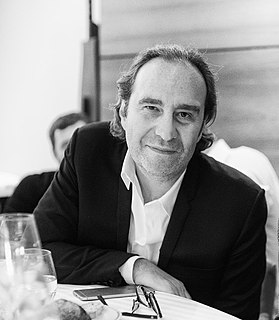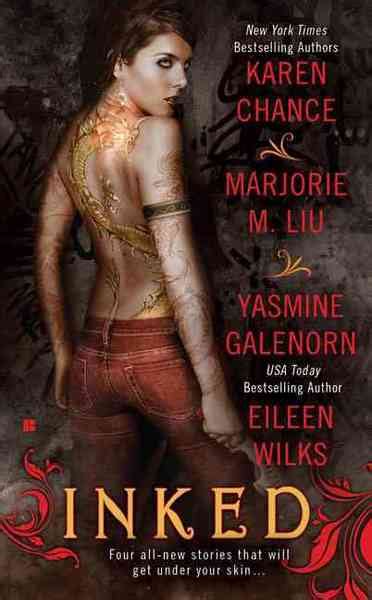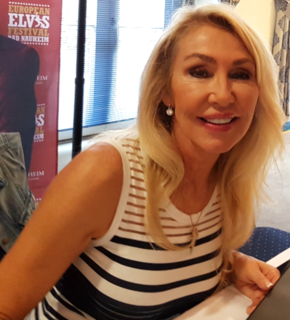A Quote by Ken Auletta
Zuckerberg had the good sense to know both his own limitations and interests. He wanted an executive who would free him to do what he loved: code, and enhancing the Facebook platform.
Related Quotes
Man alone knows that he must die; but that very knowledge raises him, in a sense, above mortality, by making him a sharer in the vision of eternal truth. He becomes the spectator of his own tragedy; he sympathizes so much with the fury of the storm that he has no ears left for the shipwrecked sailor, though the sailor were his own soul. The truth is cruel, but it can be loved, and it makes free those who have loved it.
It would perhaps not be amiss to point out that he had always tried to be a good dog. He had tried to do all the things his MAN and his WOMAN, and most of all his BOY, had asked or expected of him. He would have died for them, if that had been required. He had never wanted to kill anybody. He had been struck by something, possibly destiny, or fate, or only a degenerative nerve disease called rabies. Free will was not a factor.
He loved me. He'd loved me as long as he he'd known me! I hadn't loved him as long perhaps, but now I loved him equally well, or better. I loved his laugh, his handwriting, his steady gaze, his honorableness, his freckles, his appreciation of my jokes, his hands, his determination that I should know the worst of him. And, most of all, shameful though it might be, I loved his love for me.
What do you know about life? " Bitterness ached in her throat. " You were born with everything. You never had to struggle for a single thing you wanted, never had to worry if you'd be accepted or loved or wanted back." He stared at her, grateful for the moment that she couldn't see that he'd spent nearly half of his life worrying that she, the single thing he wanted, would accept him, love him, and want him back.
He didn't want her; he wanted me. Well, you know how it is." Dalgliesh did know. This, after all, was the commonest, the most banal of personal tragedies. You loved someone. They didn't love you. Worse still, in defiance of their own best interests and to the destruction of your peace, they loved another. What would half the world's poets and novelists do without this universal tragicomedy?
He was free, free in every way, free to behave like a fool or a machine, free to accept, free to refuse, free to equivocate; to marry, to give up the game, to drag this death weight about with him for years to come. He could do what he liked, no one had the right to advise him, there would be for him no Good or Evil unless he thought them into being.
Ted Seabrooke, my wrestling coach, had a kind of Nietzschean effect on me in terms of not just his estimation of my limited abilities, but his decidedly philosophical stance about how to conduct your life, what you should do to compensate for your limitations. This was essential to me, both as a student - and not a good one - and as a wrestler who was not a natural athlete but who had found something he loved.
I wanted to walk over there. I wanted to curl up beside him, lean against him, talk to him. I wanted to know what he was thinking. I wanted to tell him everything would be okay. And I wanted him to tell me the same thing. I didn't care if it was true or not- I just wanted to say it. To hear it, to feel his arms around me, hear the rumble of his words, that deep chuckle that made me pulse race
I loved him in that moment, loved him more than I'd ever loved anyone, and I wanted to to tell them all that I was the snake in the grass, the monster in the lake. I wasn't worthy of this sacrifice; I was a liar, a cheat, a thief. And I would have told, except that a part of me was glad. Glad that this would all be over with soon. Baba would dismiss them, there would be some pain, but life would move on. I wanted that, to move on, to forget, to start with a clean slate. I wanted to be able to breathe again.

































